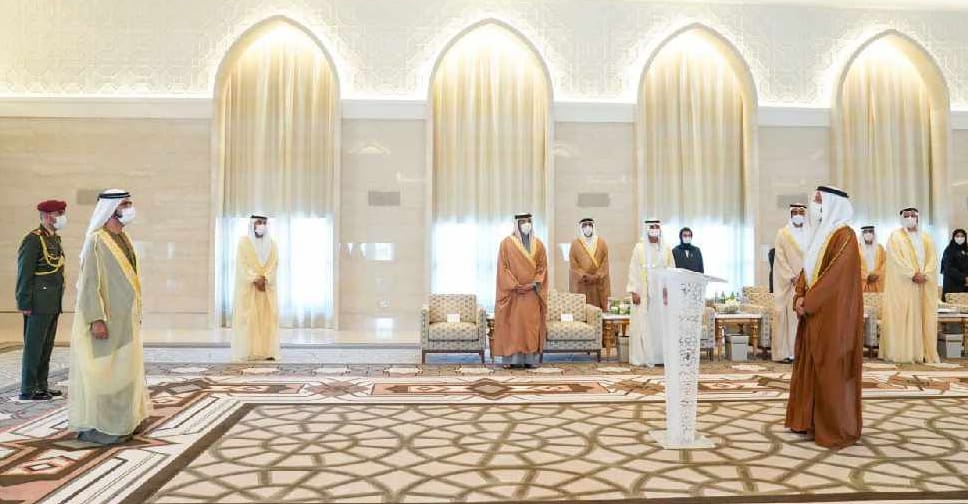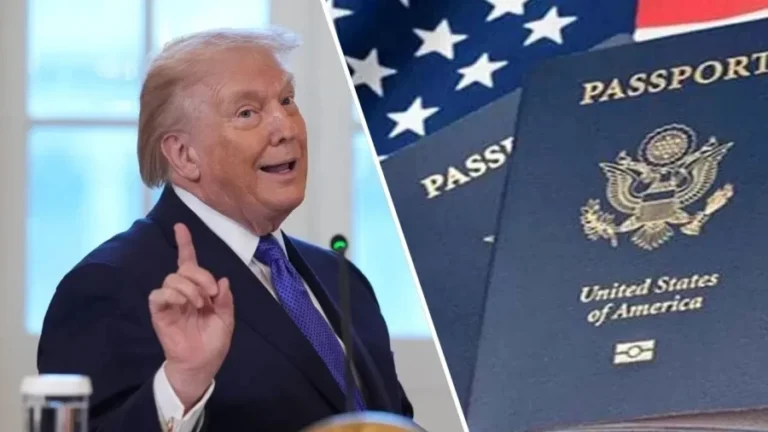
Israel’s Ambassador to the United Arab Emirates, Yossi Shelley, is reportedly being recalled after his conduct at an Abu Dhabi bar months ago triggered serious diplomatic tensions between the two nations.
What Happened at the Abu Dhabi Bar?
The controversy centers around an incident that occurred several months ago when Shelley was out with friends on a Friday night in Abu Dhabi. According to Israeli Channel 12 news, Shelley acted in an “undignified” manner and allegedly “crossed the boundaries of personal space.”
Table of Contents
The details remain murky, but sources suggest the behavior involved interactions with women and violated local customs. Shelley’s bodyguards witnessed the incident and reported it to their superiors.
You know what’s interesting? This story stayed buried for months before breaking into the media spotlight this week.
UAE Leadership Demands Action
The Emirati government didn’t take this lightly. Through unofficial channels, UAE officials told Israel that “Shelley’s behavior was not acceptable and even harms our honor.”
But here’s where it gets serious. According to reports, the UAE’s top trio—President Mohammed bin Zayed, Foreign Minister Abdullah bin Zayed, and Strategic Affairs Minister Tahnoun bin Zayed—sent a stern message to Jerusalem demanding Israel replace Shelley “for personal and economic reasons.”
When Israel didn’t respond? The UAE escalated. They started excluding Shelley from official meetings and reportedly told intermediaries: “If he were from another country, he wouldn’t last a minute—we’d throw him out.”
More Than Just a Bar Incident
The controversy goes beyond one night out. UAE officials have accused Shelley of:
- Violating business and commercial protocols
- Shouting at local security guards who asked him to limit evening movements
- Allowing unidentified passengers into his diplomatic vehicle without clearance
- Inappropriately introducing himself as Israeli ambassador in unnecessary contexts
These aren’t minor diplomatic hiccups. They’re serious breaches that threaten the carefully maintained relationship between Israel and the UAE.
Read More: Dubai Airport Smashes Records: 46 Million Travelers in First Half of 2025
Netanyahu’s Response Creates Tension
Prime Minister Benjamin Netanyahu initially resisted calls to recall Shelley, who previously served as Netanyahu’s director-general. The Prime Minister’s Office initially denied reports of a planned recall, stating: “Contrary to reports, Prime Minister Netanyahu has not decided to return the Israeli ambassador to the United Arab Emirates, Yossi Shelley, to Israel.”
But the pressure mounted. Israeli television reported Tuesday that people close to Netanyahu are already looking for a new role to give Shelley once he is stripped of his ambassadorship.
Lates News
- UAE Job Market: New Report Reveals Surge in Private Sector Hiring and In-Demand Roles
- UAE Top Ten Soft Power Ranking Reaffirmed in Brand Finance Global Index 2026
- AI lifeguard Dubai Rollout Adds Smart Cameras and Sensors to Boost Beach Safety
- Dubai Harbour Bridge Reaches 65% Completion, RTA Confirms Faster Access from Sheikh Zayed Road
Why This Matters for Israel-UAE Relations
The Abraham Accords transformed Middle East diplomacy when the UAE became the first major Arab nation in 30 years to normalize relations with Israel in 2020. The relationship has weathered the Gaza war, making it even more valuable.
But diplomatic relationships are built on trust and mutual respect. When an ambassador becomes persona non grata, it damages more than just individual careers—it threatens strategic partnerships.
Honestly, the timing couldn’t be worse. While Netanyahu faces domestic scandals, the UAE has been hosting Israeli opposition leaders like Yair Lapid and Naftali Bennett for official meetings. The message is clear: Abu Dhabi values the relationship with Israel, but not necessarily with its current leadership.
What Happens Next?
Despite official denials, multiple sources suggest Shelley’s recall is inevitable. Recent reports indicate that Israel’s government was forced to recall its ambassador after the UAE said it was no longer willing to accept him as ambassador.
The bigger question is whether this incident will have lasting impact on Israel-UAE relations. The UAE has shown remarkable patience, but patience has limits.
For now, both sides seem committed to preserving the broader relationship while quietly resolving this diplomatic embarrassment. But it’s a reminder that in international diplomacy, personal conduct matters just as much as policy positions.
Diplomatic scandals like this one highlight how quickly personal behavior can escalate into international incidents. For Israel and the UAE, this appears to be a manageable crisis—but one that could have been entirely avoided with better judgment.
As this story develops, it serves as a cautionary tale about the responsibilities that come with representing your country abroad. In diplomacy, you’re never really off duty.
This story is developing. Updates will be provided as more information becomes available.






